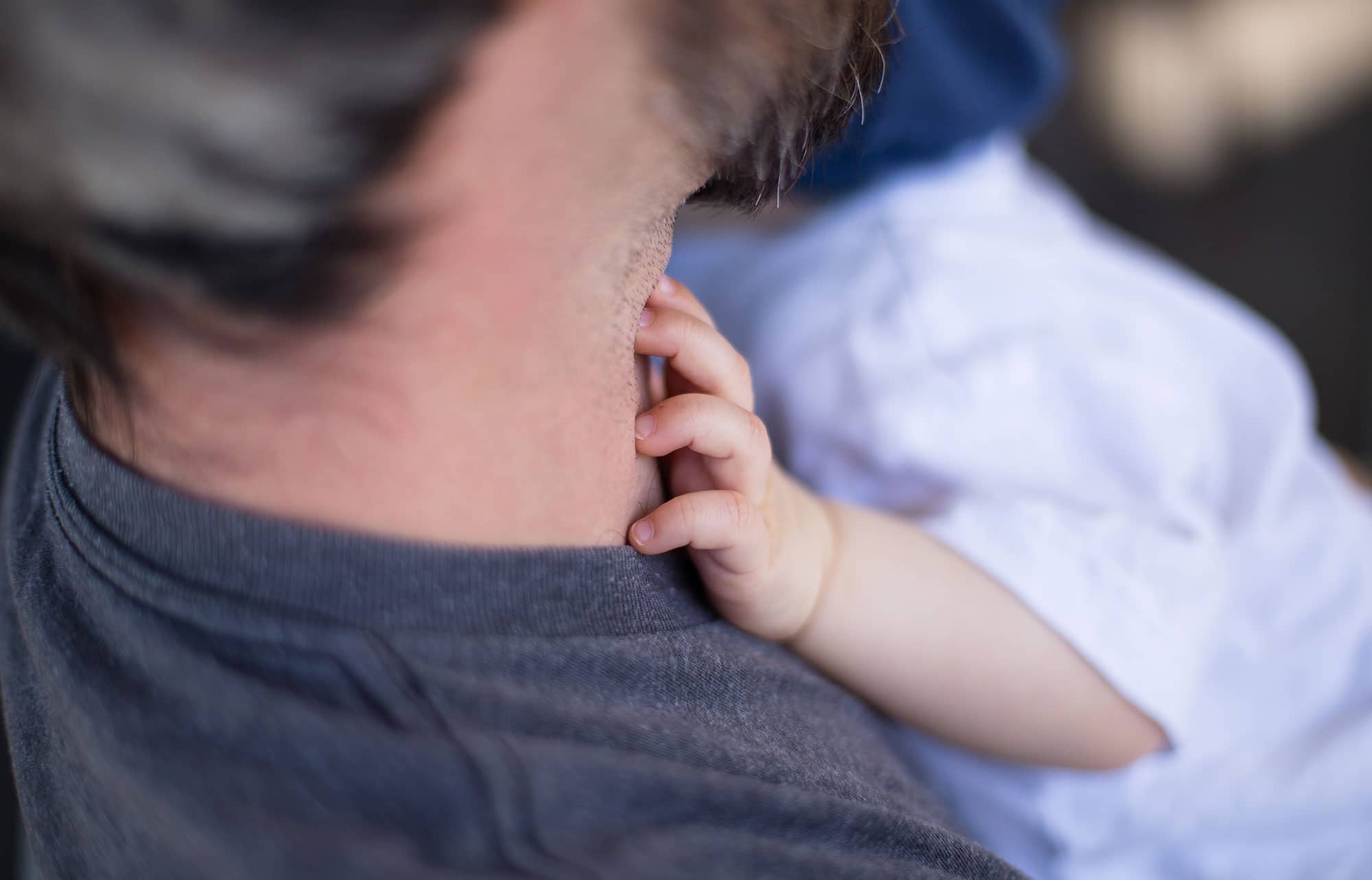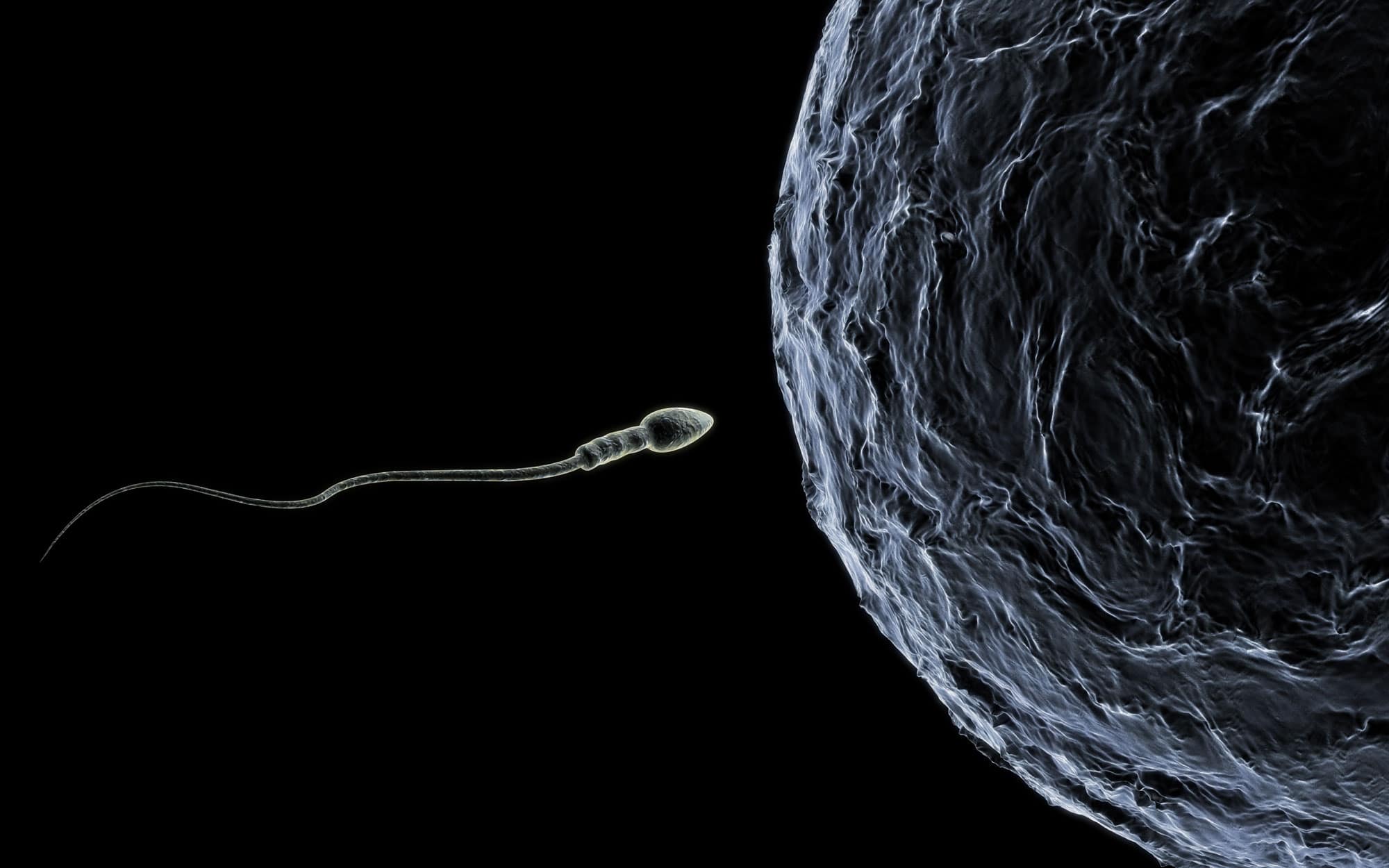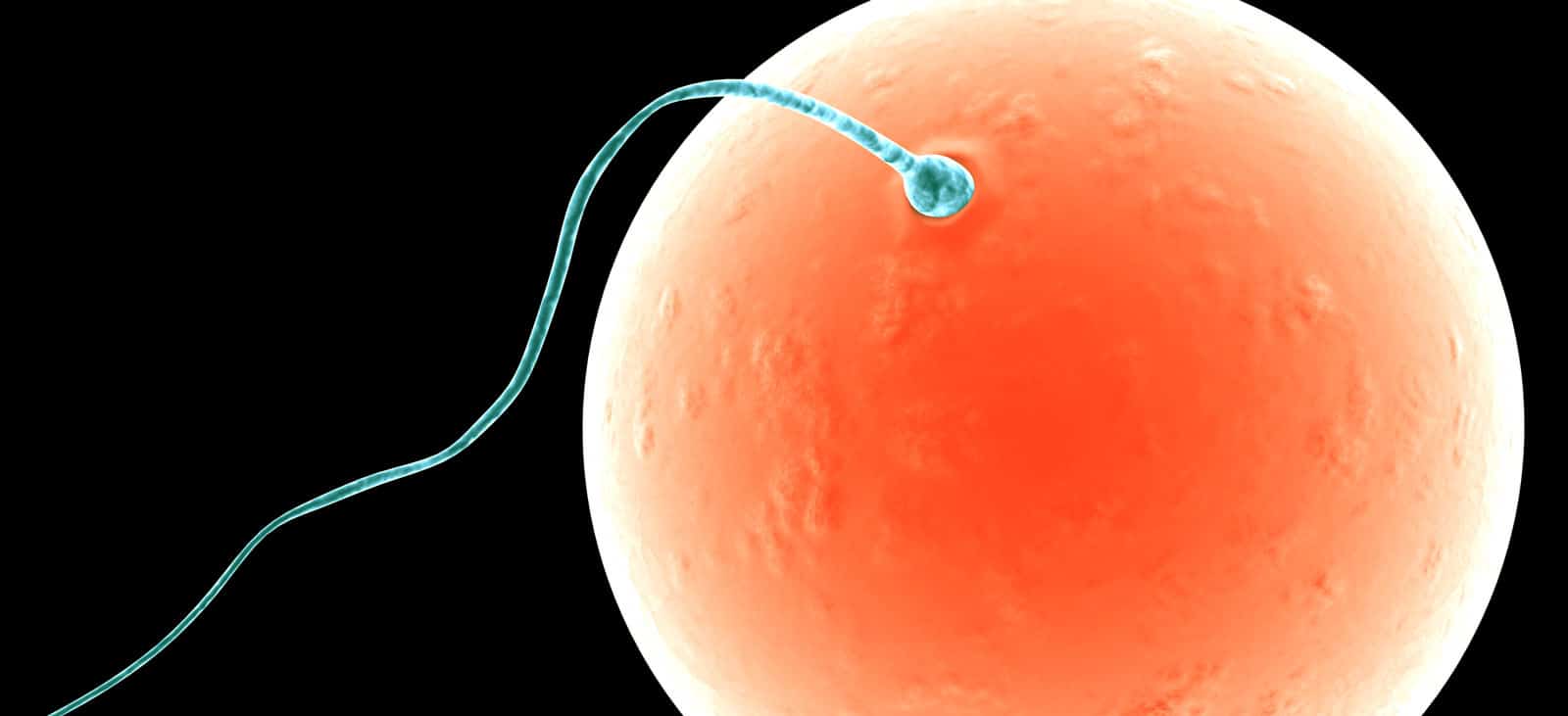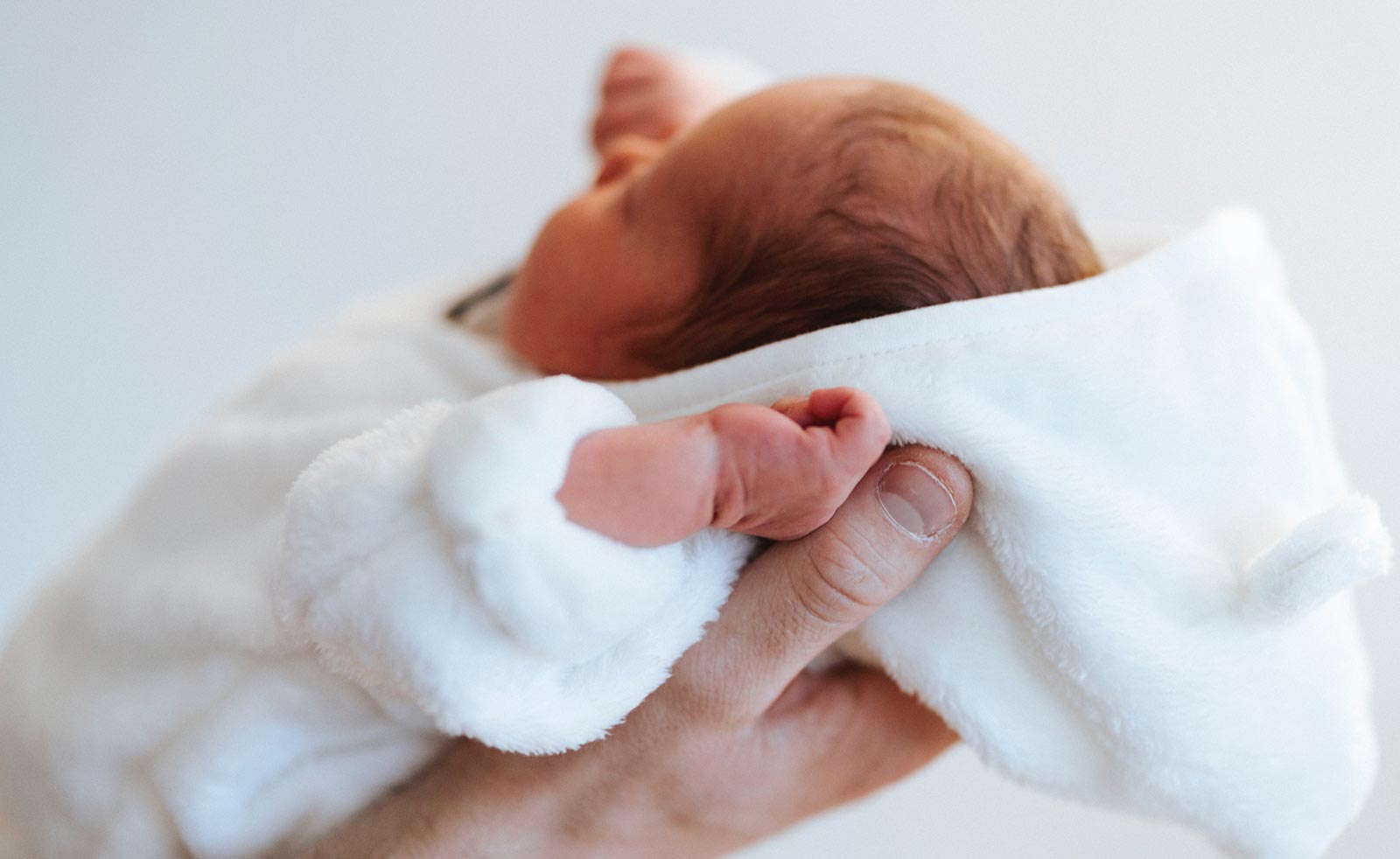
What are the advantages having my eggs sent to Australia?
Many other clinics with donor egg programs require their patients to travel overseas, which can be costly, stressful and disruptive. By having

Many other clinics with donor egg programs require their patients to travel overseas, which can be costly, stressful and disruptive. By having

Like Mother’s Day, Father’s Day can be an exciting time for dads but it can also be an unwelcoming time for men

IVF is a big deal, but there are some things you can’t do while you’re undergoing IVF. What are they?

Research from the University of California in San Diego has uncovered that a “molecular handshake” occurs between the uterine cells and the

Guys, if you’re planning to start a family, it’s important to look after yourself, especially when it comes to sperm health.

A growing trend has brought men’s fertility into the spotlight, and recent data reveals a concerning trend in declining sperm counts around

New research answers a common question with patients on whether stress levels will have a negative impact on their treatment outcome.

There have always been initial concerns about the health and development of babies conceived through IVF, but they are completely normal.

At Fertility First, we know that infertility doesn’t discriminate and neither do we so we don’t have an age restriction for accessing
Every story written here comes from Fertility First's Research Team, a group of scientists that doesn't just talk about the science behind fertility and reproduction, it lives and breathes it. Staffed by the doctors and scientists working behind the scenes at Fertility First, this team of dedicated embryologists, andrologists, and fertility experts collectively has over 40 years experience in the field.
Yes, chronic stress can impact fertility by disrupting hormonal balance and ovulation patterns. Managing stress through relaxation techniques, regular exercise, adequate sleep, and mindfulness practices may help optimise your chances of conception. Consider speaking with a counsellor if stress feels overwhelming.
Sperm health accounts for about 40% of conception challenges. Your partner can improve sperm health by maintaining a healthy weight, avoiding excessive heat exposure (hot tubs, saunas, tight clothing), limiting alcohol, quitting smoking, managing stress, and taking a multivitamin with antioxidants. Sperm takes about 3 months to develop, so lifestyle changes need time to show results.
Your fertile window typically spans 5-6 days, ending on ovulation day. For a regular 28-day cycle, this usually falls between days 10-15, with peak fertility 1-2 days before ovulation. Track your cycle using ovulation predictor kits, basal body temperature, or cervical mucus changes to identify your unique pattern. Having intercourse every 1-2 days during this window optimises your chances.